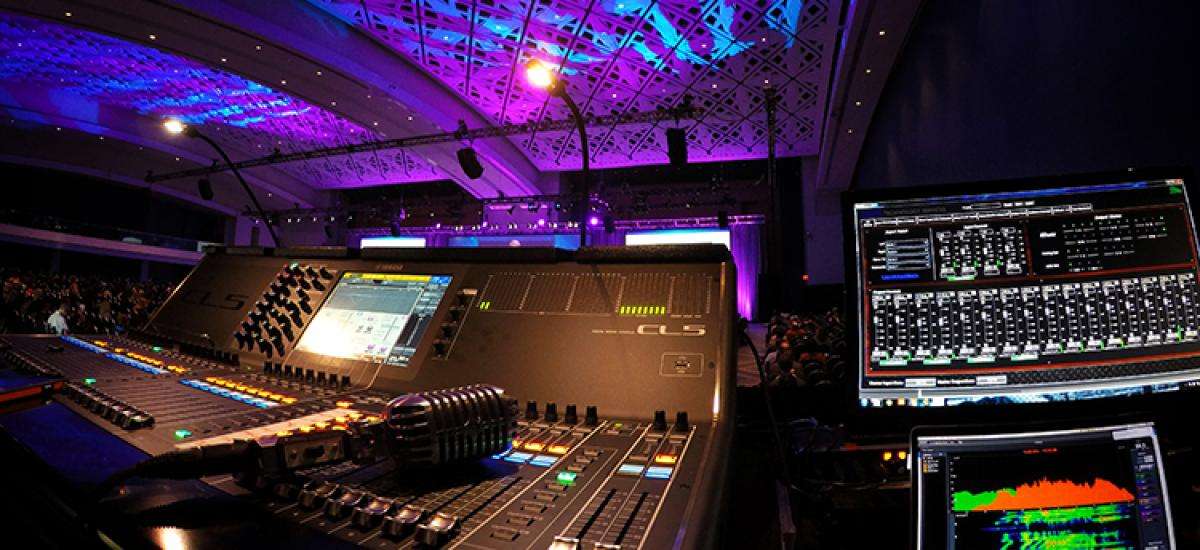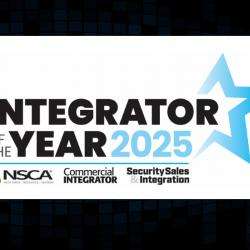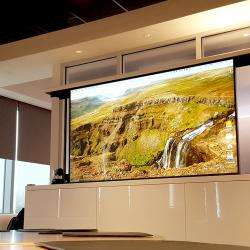Plan for Production

“Reality is iconoclastic.”
- C.S. Lewis
I love this quote as it has so many applications in life. The word ‘iconoclastic,’ for those of us who are not linguists, means image-smashing. The quote is then simply interpreted as “Reality breaks down images,” or, to unpack it a bit deeper, it can mean, “Our expectations [images of reality] will likely get broken down by our experiences.” It speaks to the fact that life is an adventure as our assumptions of ‘what will be’ rub up against our actual experiences moment by moment. This is why event planning, in its most basic form, needs to exist. A critic might say the exact opposite, that because our plans are never actually our fullest reality, planning is futile. To those skeptics, I say, “Show me an event with no plan[ner] and I’ll show you the chaos that ensues.”
I know, I’m supposed to be an event tech writer not a philosopher, so how does this have an impact on the technology side of event planning? Here are a few thoughts:
Delegate Ownership
A Production Schedule, which accounts for arrival of staging components and gear, labor calls, rehearsal timing, etc., is a critical strategic document in any event. While some labor may oversleep, a truck may blow a tire, and rehearsals may not start on time, having a plan creates initial expectations and puts the entire team on the same page as far as how we think things will progress in a given day. Yes, reality may prove to be different, but the plan is essential in order to account for all of the details which must happen in order to be set and ready for the meeting kickoff a few hours or a few days later.
TIP: Have key stakeholders initial in the margin on the final production schedule thus taking ownership of their portions of the schedule. Maybe you can color-code individual elements so everyone knows who is handling what. While there will be setbacks, changes, delays, and cancellations, we all know a failure to plan is a plan to fail.
Know the Flow
A Minute-by-Minute Show-Flow, also known as a Rundown, is your roadmap for each session. One of my mentors, Rolly Richert, used to say, “We live and die by the rundown.” He wasn’t saying there wouldn’t be changes. As an Executive Producer for major events, he knew better than anyone that there were nearly always deviations from the show-flow. So why was the plan so imperative? Because when we needed to make a change, we knew where and how to get back on course and finish the session. A show-flow isn’t the law, it’s a strategic guide for each session—the most critical strategic planning component for each major meeting.
TIP: Have columns in your show-flow to represent different technical areas (audio, lighting, video, etc). Give each tech lead a copy of the show-flow. Use daily production meetings to talk through sessions so your leads can take notes on what they need to do for each program element, and have them write down those notes on their documentation. Giving your team ownership of their individual areas is critical to them owning the components within their control. This also provides the ease to accommodate last minute adjustments as the bulk of the program already has a clear plan set in motion.
Plan Ahead
Plan for additions, changes, and adjustments. Having the right production partner to gracefully accommodate change is critical. An event staging vendor will supply what you are contracted for and will not be surprised by changes. A partner will always plan for a margin of change/adjustment and will treat those changes as a normal part of any event.
TIP: Ask your event staging partner how they handle onsite additions, changes, and customizations. Have them give you examples of what they run into at other events and how they have taken those adjustments in stride. A real partner expects these changes to occur and already has plans for additional gear onsite (and the ability to procure anything else that might be necessary).
While a plan for gear is important, the overall spirit of service is most important. As a true partner, your event staging company is an extension of you and your team and will deliver, with a spirit of ease, all of what you’ve planned for as well as all of those last minute “surprises.”
Article written by BJ Strote, IMS National Account Manager for Midwest Meetings
Share This Article
Categories
Latest Posts

Technology That Keeps Residents Engaged, Connected, and Safe

IMS Closes Out 2025 with Major Industry Awards, Looks Ahead to 2026

Philadelphia 2026: Is Your Venue Ready for the Spotlight?

Scalable AV Infrastructure for Life Science Enterprises

Extend Your Reach: The Power of Virtual and Hybrid Events
Tags
Contact Us
- Headquarters: 3055 MCCANN FARM DRIVE, GARNET VALLEY, PA 19060
- Event Staging: 2000 COLUMBIA AVENUE, SUITE 300, LINWOOD, PA 19061
- Southeast Office: 404 SUNPORT LANE, SUITE 350, ORLANDO, FL 32809
- Phone: + 610-361-1870
- Contact Us
Services
Recent Posts

Technology That Keeps Residents Engaged, Connected, and Safe

